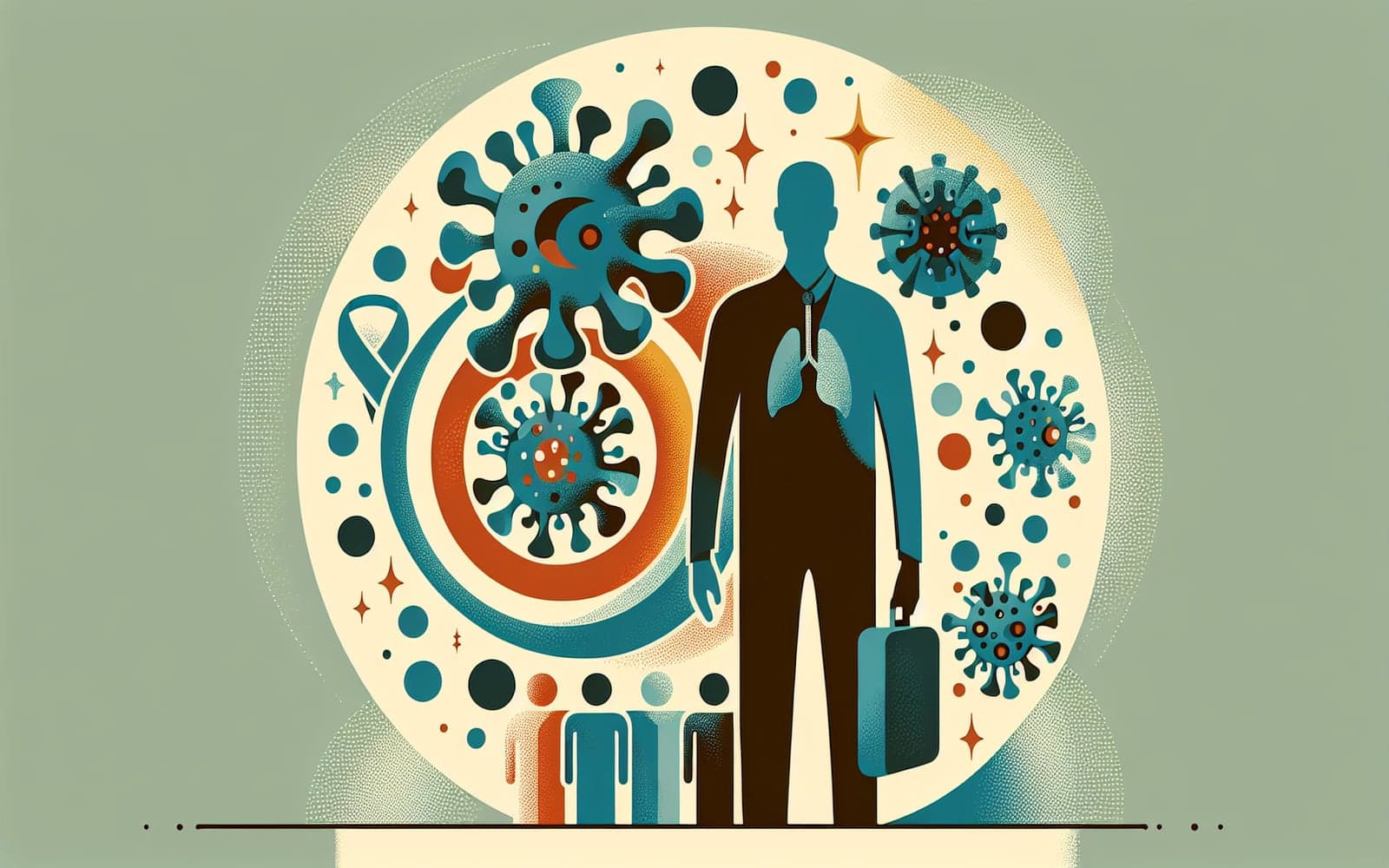What Makes Hepatitis C Virus So Unique?
Published: Feb 20, 2024

Medically reviewed by Jerome Albert Ecker | MD, Assistant Professor of Medicine, Duke University - Durham, NC on February 20th, 2024.
Hepatitis C virus (HCV) is a mysterious and complex virus with distinct characteristics that set it apart from other hepatitis viruses. This article explores what makes HCV so unique and why it matters to your health.
Contents
What is Hepatitis C?
Hepatitis C is a liver infection caused by the hepatitis C virus, which was discovered in 1989 after many cases of unexplained hepatitis were linked to it. Unlike hepatitis A and B, HCV is not related to other known hepatitis viruses. It belongs to the Flaviviridae family, sharing similarities with flaviviruses and pestiviruses.
Understanding the HCV Genome
The HCV genome is a positive-sense RNA molecule with about 9500 nucleotides. This genome encodes a large polyprotein, which is processed into the virus's structural and nonstructural proteins. The highly conserved regions of the genome make it a target for diagnostic tests, helping detect the virus in infected individuals.

The Challenge of Viral Diversity
HCV's polymerase enzyme lacks proofreading ability, leading to high genetic diversity within the virus. This diversity is important for diagnosis, disease progression, and treatment response. It enables the virus to evade the immune system and complicates vaccine development due to its changing nature.
Frequently Asked Questions
HCV belongs to the Flaviviridae family.
It complicates diagnosis and treatment and hinders vaccine development.
HCV was identified in 1989 after being linked to unexplained hepatitis cases.
It encodes a large polyprotein processed into viral proteins.
Key Takeaways
HCV's unique characteristics make it a challenging virus to understand and treat.
Curious about HCV's impact on health? Talk to Doctronic for more insights!Related Articles
References
Choo QL, Kuo G, Weiner AJ, et al. Isolation of a cDNA clone derived from a blood-borne non-A, non-B viral hepatitis genome. Science 1989; 244:359.
Major ME, Feinstone SM. The molecular virology of hepatitis C. Hepatology 1997; 25:1527.
This article has been reviewed for accuracy by one of the licensed medical doctors working for Doctronic. Always discuss health information with your healthcare provider.

